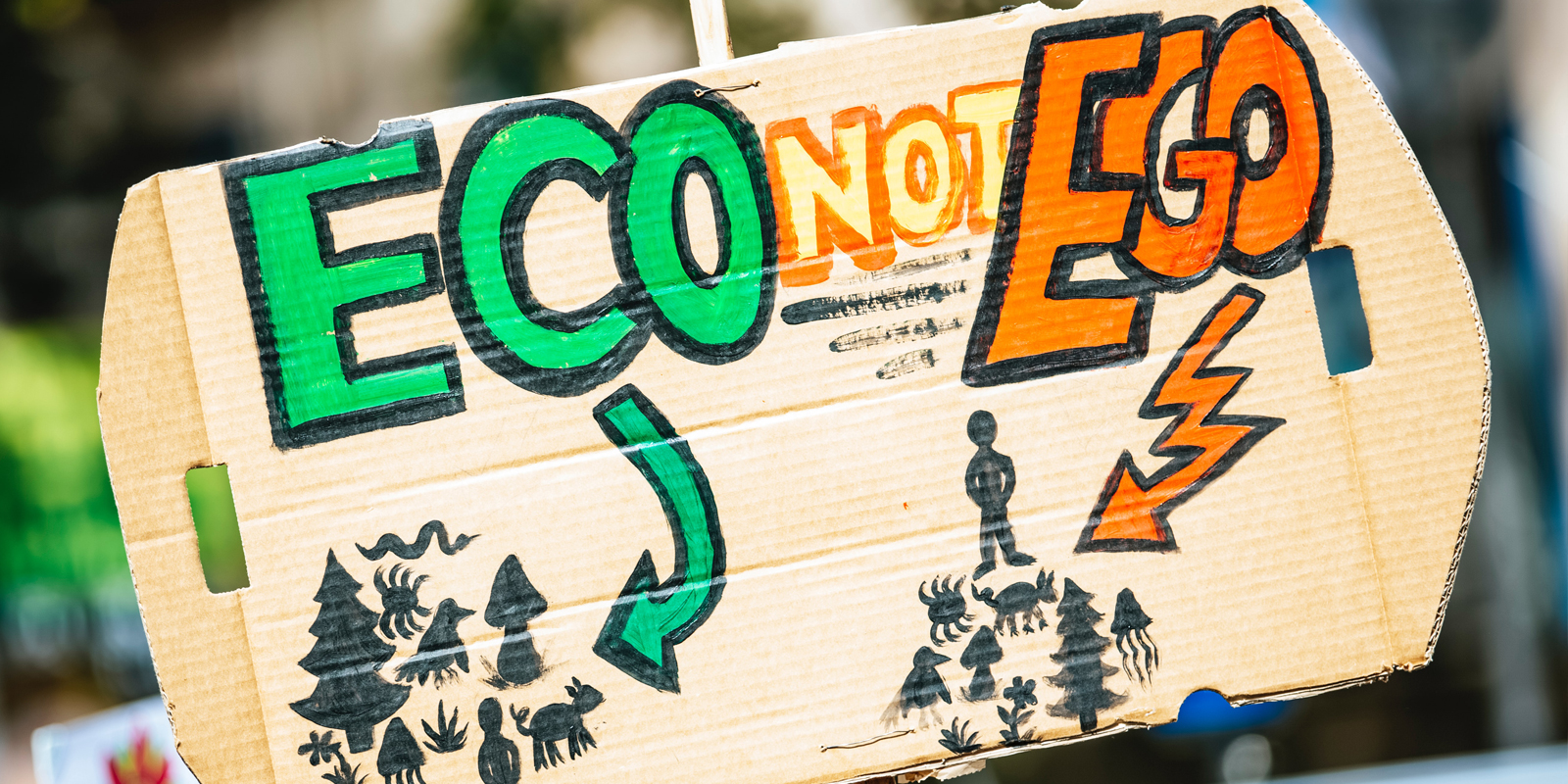As a communications student and a member of CROSSMEDIA’s Corporate Communications team, our colleague Jana Keßler spends a lot of time reading specialized press and following current debates on LinkedIn. Here, she finds that especially among older marketers, her generation often gets a bad rap. Needless to say, that doesn’t sit right with her.
Listen to this article:
I was born in 1997. Thus, I am officially still considered a member of the hotly-debated Generation Z, which, according to Statista, consisted of almost 11.6 million Germans at the end of 2021. We are the only generation that has lived through all key developmental stages, from our youth to adulthood, in the age of the internet. In my generation, the Abitur or Fachabitur (academic degrees that qualify you for university in Germany) is increasingly becoming the dominant school-leaving qualification. Whereas only 13% of the post-war generation had this qualification, according to the Federal Ministry of Research and Education this share is expected to rise to 50% by 2030. And although this does not apply to all representatives of my generation, it can be said that, on average, children and young people today are better off than they used to be – even if the trend does show a clear polarization of prosperity. With our increasingly good education on the one hand, and the economic stability of our parents on the other, do these factors explain why we have the time, leisure, resources and capacity to deal with socio-politically relevant issues? Possibly. Whether Generation Z’s early politicization correlates with these characteristics is something we can only speculate on currently.
An activist generation on a mission toward ensuring sustainability
The fact is, Gen Z and a 16-year-old Swedish girl are challenging political decision-makers and marketing managers across the globe. It’s clear that more than 33% of respondents (extrapolated to the entire generation in Germany) say that they find “Die Grünen” (“The green ones”, a political party dedicated to green topics such as climate change) to be the most appealing of all parties. Surprisingly, other hot topics on Gen Z’s list of important matters, such as equal opportunities, are given less consideration in the choice of party. “Die Linke,” (“The Left”, Germany’s left-wing party) whose election program can most readily be assigned to this topic most, fails to benefit here. This party only appeals to about 5% of the Gen Z population. And, among a pro-European and cosmopolitan generation, the AfD (“Alternative for Germany”, the right wing) ranks lowest in popularity, scoring only 4.5% of votes (all data according to Statista) – who would have thought it. Nevertheless, voter turnout among the younger generation remains as poor as ever. Yet, from my perspective, this only reflects the skeptical attitude our generation has toward political decision-makers and is not indicative of political disinterest. The sheer momentum of the Black Lives Matter protests or the Fridays for Future movement go toward proving that the argument of social and ecological disinterest simply is not true, at least not across the entire generation. Quite the contrary. When it comes to sustainability, Gen Z seems to have understood, better than any generation before, that collective global prosperity depends on healing the earth. And it is due to older people often believing that younger people lack qualities such as maturity that Gen Z calls for compliance with the UN climate goals more loudly, more pervasively, and much more radically than the generations before them.
What we expect from (employer) brands
According to studies, the demand for authenticity in politics also applies to our employers. In addition to this, Gen Z looks for a trust-based, autonomous and flexible work environment when picking an employer. Speaking for myself, I am incredibly glad that I don’t feel I have to work 60 hours a week just to make sure I will get ahead in my career. This is, of course, a privilege that many older employees would have liked to have as well. And regardless of how high school graduates spending their gap year in Australia or elsewhere are being laughed and sneered at, isn’t it great that not everyone has to progress straight from finishing their education into working life just to make ends meet? It goes without saying that we are well aware of and grateful to the previous generations who have paved the way for us to afford this lifestyle.
If I hadn’t written my bachelor thesis about the Metaverse, I would have written it about brand purpose, love brands or a similar topic. When it comes to purpose marketing, I don’t think I could be any more Gen Z if I tried: I don’t eat meat, I don’t drive a car, I insist on using gender-neutral language that explicitly includes women and nonbinary people, I support companies that support diversity – and the list continues. Many brands and employers already seem to have understood this, at least according to the trade media. Yet, when will we finally stop getting flak for this? I’ll go one further and even be so arrogant as to say this: We are the purchasing and working power of tomorrow. Taking us into account when addressing target groups is simply a smart business decision. And in the case of gross errors (see the “Pinky Glove” disaster on “Die Höhle der Löwen, our equivalent of “Shark Tank”), a generation can easily cancel a brand so hard that there is no recovering from it. Did I need a statement from Ikea on this? No. Did I still think it was cool? Yes. It opens up completely new ways of staging brands and companies.
In my view, positioning and attitude have never been more important, regardless of whether it’s a consumer brand or an employer brand. In my opinion, feeling understood at work is one of the most important assets. I don’t want to have to work overtime to be taken seriously by my employer. Especially since the construct of measuring performance only in terms of time is one that is foreign to me anyway. I want personal responsibility, but that doesn’t mean that my supervisor should not guide me. I would like to be appreciated on the job and be able to communicate with others. My commitment and involvement depend 100% on how good I feel at work – and that’s simply not something that is just up to me. Earning a good or fair salary is important, but if I have to sacrifice my work-life balance because of it, non-monetary incentives are more important to me. A strong sense of culture and community in the workplace means that I don’t get going when the going gets tough – but if I read one more sentence about Gen Z’s laziness and arrogance, I’m going to slam my laptop shut and delete the Internet. Forever.











What Do You Think?